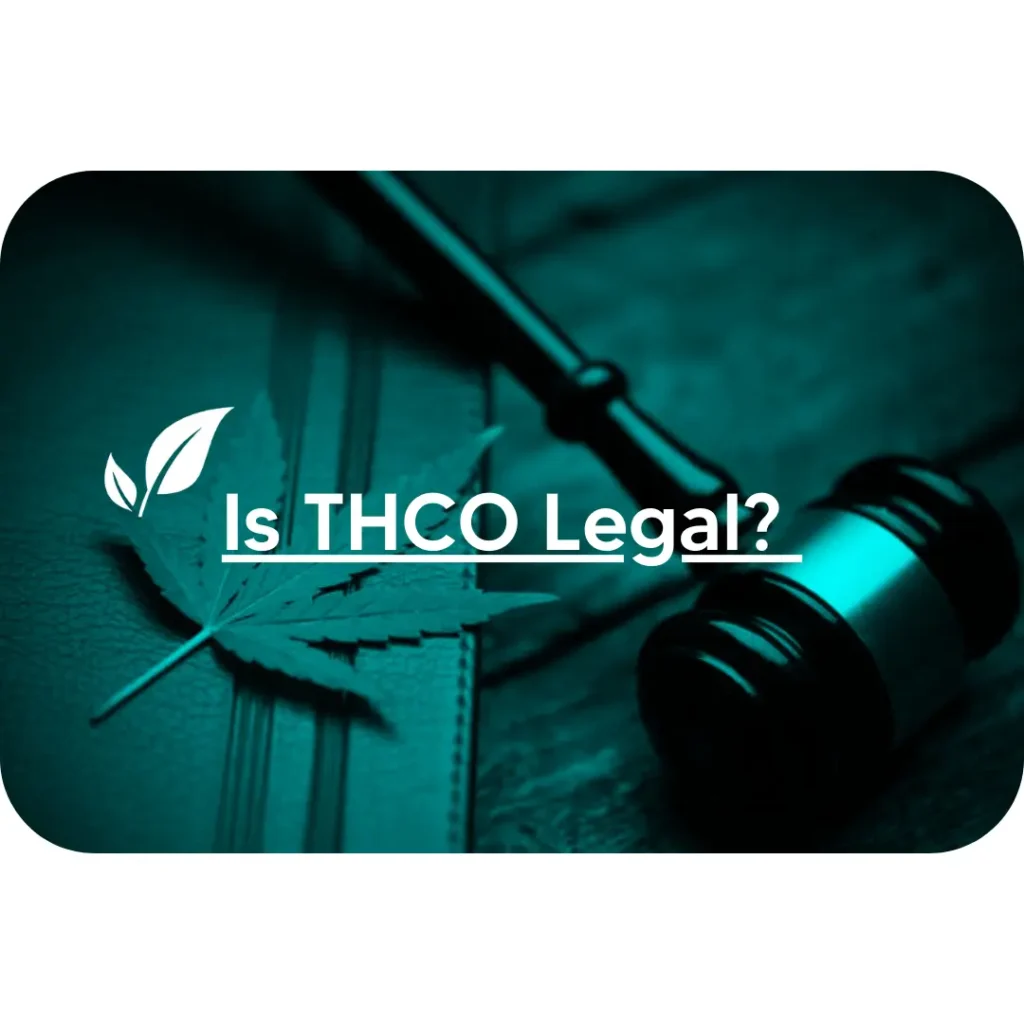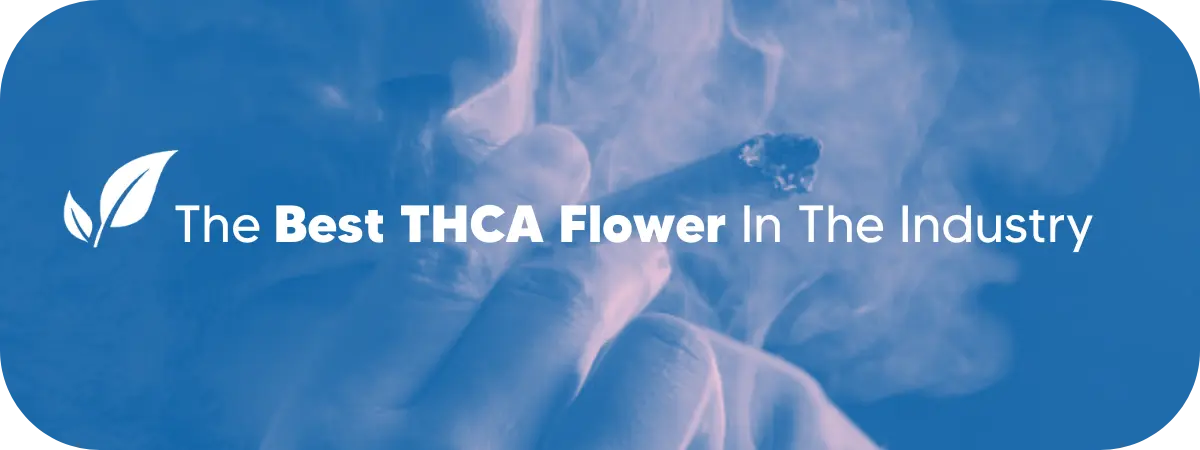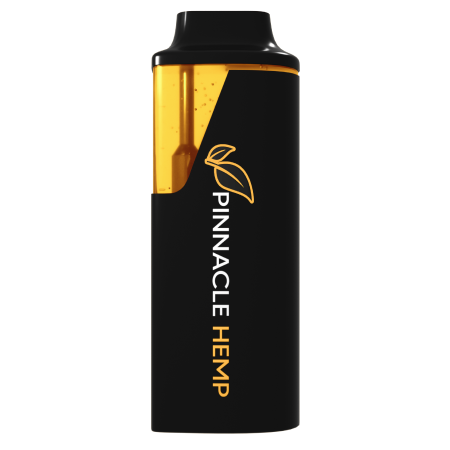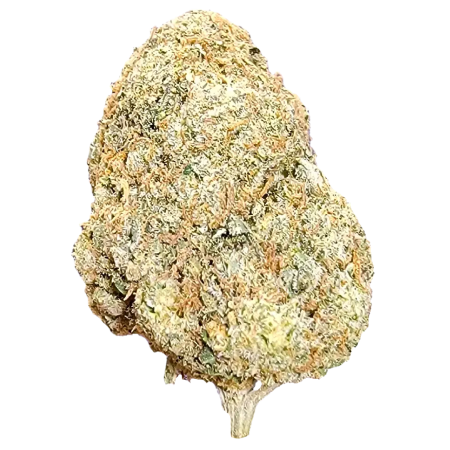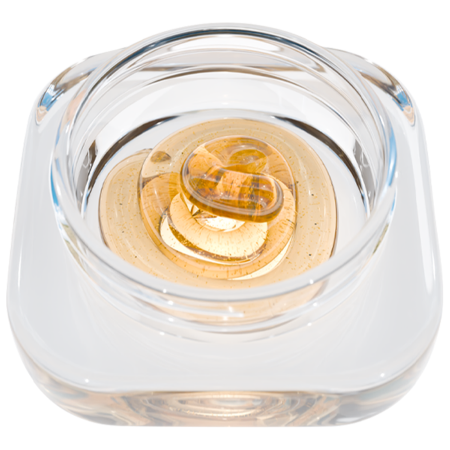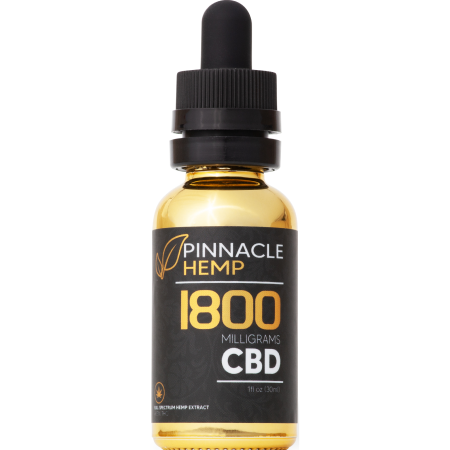A U.S. appeals court has determined that THC-O-acetate, a cannabinoid derived from hemp, is legally permissible under the 2018 Farm Bill. This decision overturns the Drug Enforcement Administration’s (DEA) stance that classifies the substance as a Schedule I controlled substance.
On Wednesday, the U.S. Court of Appeals for the Fourth Circuit issued an opinion in an employment case that partially hinges on the federal legality of THC-O. The majority of the three-judge panel found that the DEA’s definition of illegal marijuana is too broad and does not extend to THC-O, which can be synthesized from cannabinoids present in legal hemp.
By rejecting the DEA’s 2023 interpretation, the Fourth Circuit panel aligned with a previous Ninth Circuit ruling. That earlier decision held that the Farm Bill’s legalization of hemp lifted restrictions on a variety of cannabinoids, including delta-8 THC.
The opinion states, “The Ninth Circuit held that it didn’t need to consider the DEA’s position on synthetically derived substances because the definition of ‘hemp’ under the 2018 Farm Act was unambiguous in its application to all products derived from the cannabis plant, ‘so long as they do not cross the 0.3 percent delta-9 THC threshold.’” – Marijuana Moment
This decision has further amplified the future for hemp manufacturers and consumers. Once and for all recognizing the fact that the 2018 farm bill protects ALL Cannabinoids and products that are created under 0.3% Delta – 9 or D9 as some consumers refer to. This will provide a secured future for consumers of this cannabinoid and should be recognized as a victory for hemp manufacturers + consumers in the United States.


